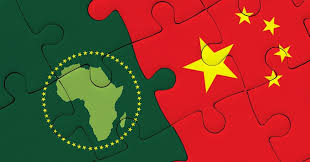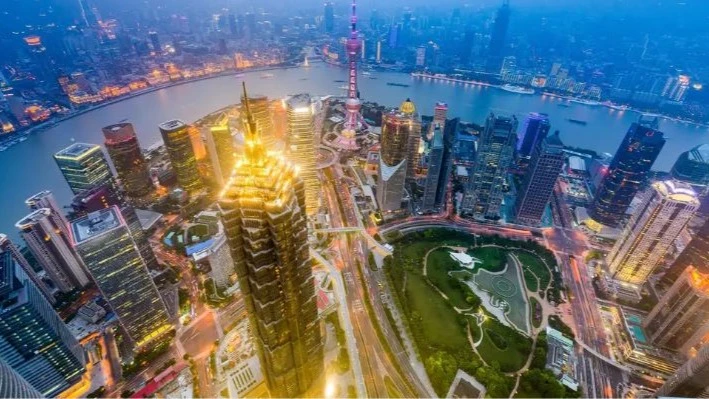
SOME unpredicted gatherings come up in the nick of time when something massive is indeed happening, with such consultations helping to unlock a riddle relating to a rise in havoc or chaos in African economies and the continent’s political landscape.

Those who have been friends some major power don’t have much to show for, as major economic powers have their ways of offering psychological support to a range of allies. Stability is different.
At the same time, sharp contentions posing challenges on societies or specifically on public authorities may need a brainstorming session that is candid and realistic enough to start figuring out some solutions.
Such events don’t have to be arranged for the purpose of playing that role. However, when the situation so demands, academics will at any moment they find themselves engaged in issues having a bearing on the situation will not shy away but take it up.
Democracy is not about how fixed ideas line up in battle to see who wins or loses in the following general election but rather what new idea can fix things.
Situations where a new idea is available and helps to change things do not come up every other day. Understandably, when a section of observers heard that academics from Uganda’s Makerere University and several Chinese institutions were attending a two-day conference on enhancing cultural exchange and mutual understanding between China and Africa, mild expectation came up.
While the situation in East Africa or other areas wasn’t exactly on the agenda, many people wish to hear if any initiatives tied with some aspects of tradition or modernity could help out. For instance, just what is Generation Z, be it here or in China?
While the basic media source of the idea of Generation Z seems to be in music, it was chiefly with Chinese apps like TikTok that massive demonstrations were organised in our neighbourhood.
The technology platform, rather than political parties, leads to another brain teaser – as to what is ‘generational politics’ and what sort of constitutional format can be used in that direction.
Yet it appears to have some clout, and in South Asia a government has recently collapsed after some 400 people were killed in student riots – a variation of Generation Z politics. They want change, but have no real ideology.
Organisers of the conference were gathered around the Confucius Institute which has a presence in a good number of African universities, but so that such exchanges and cultural presence aren’t sterile, we need to ask where Confucius now comes in.
The question appears to be better handled in Chinese praxis than in what they say outwards or in their exchanges with African academics. The point is that the Chinese have learned over the past 70 years to reform before the streets explode – even though with qualified success.
__
Source here
